Many items that you use in your daily life, ranging from a small TV remote to a microwave oven to an antenna; all have electronic circuits in them. They are used to do a process automatically upon a manual command. Electronic gadgets are of a very useful purpose in our various types of applications and requirements. So, for its proper functioning, the circuits play a very important role in it.
Before the advance of industrial automation, two of the most popular types of controllers were used in the market – one is a microprocessor and the other is a microcontroller. It is important to understand these basics so that you can learn advanced circuits more easily.
In this article, we will learn the difference between microprocessor and microcontroller.
What is a Microprocessor?
If you compare a microprocessor with PLC, then you can define the microprocessor as the CPU of a PLC. The program that you write in PLC memory is executed and processed by this CPU.
In a similar fashion, a microprocessor is a single-chip device, which is used to execute a program written in it. All the instructions that you use in PLC programming language like arithmetic, logical, comparison, etc. are written and executed in a similar way in the microprocessor.
This single chip does the task of processing. The programmer will do the coding in this processor, and it will then execute the code accordingly. In the real world, the processor will require physical input status, physical outputs, memory interfacing, and a power supply; to function according to it and perform real-term tasks. So, all these types are not present in a microprocessor chip; they are interfaced externally with it.
The microprocessor will only do the task of executing logic. It will be thus required to interface it with other chips, to fully automate and control a process according to the field feedback and outputs.
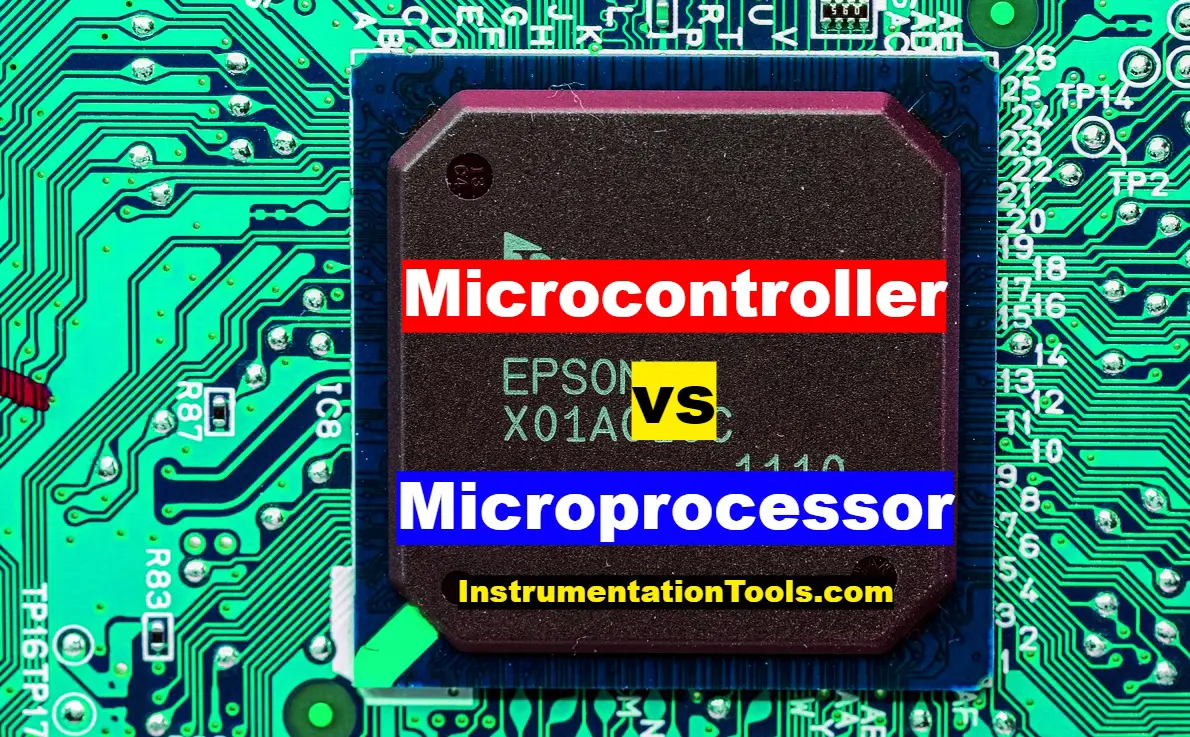
What is a Microcontroller?
Let us continue this same example with another level. You saw that the following things – processor, power supply, memory, IO modules, or pins are required to execute a task according to real-term inputs and outputs. If you embed all these things in a single circuit, then it is called a microcontroller.
A microcontroller is a chip that will embed the following discussed circuits in one single small chip. This reduces the need to interface various circuits and perform a single task. The single task here is executed by a single chip.
Simply, consider an example of the washing machine. The small display with buttons that you see is nothing but a microcontroller chip.
Difference Between Microcontroller and Microprocessor
- The first and foremost major difference is the chip integration. Microcontroller combines all the world in one single chip, whereas microprocessor only uses a processor in its chip.
- The size of microcontrollers is naturally smaller than a microprocessor due to embedded design in a single circuit.
- Due to design constraints and a high-performing execution than microcontrollers, microprocessors are the most costly ones to buy.
- The memory handling interface of microcontrollers is higher than a microprocessor.
- As a microprocessor only does the task of processing a code, its operation speed is far higher than a microcontroller.
- The circuit design of the microprocessor is complex due to the additional interfacing of other circuits required.
- The power consumption of a microcontroller is smaller than a microprocessor.
If you liked this article, then please subscribe to our YouTube Channel for Instrumentation, Electrical, PLC, and SCADA video tutorials.
You can also follow us on Facebook and Twitter to receive daily updates.
Read Next:
- Top Automation Vendors in World
- PLC Cold Standby and Hot Standby
- Modbus Driver for SCADA System
- Timers in Siemens PLC Programming
- Comparison of PNP and NPN Sensors
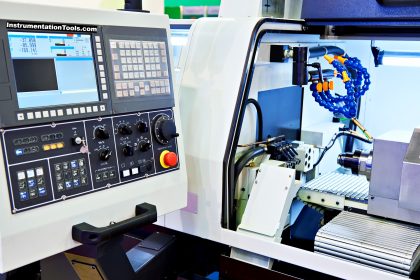

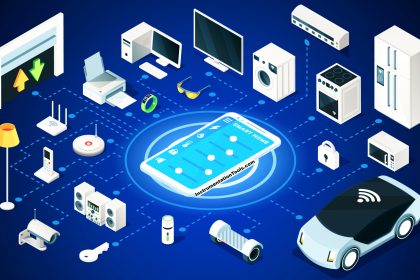

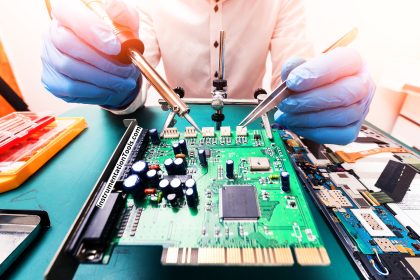


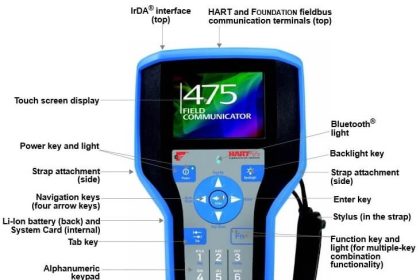

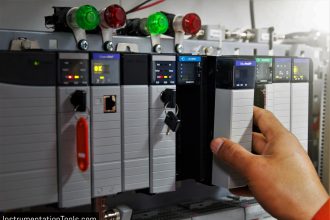

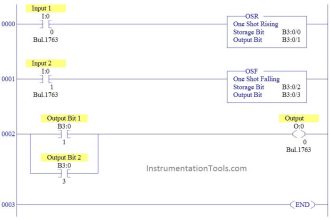
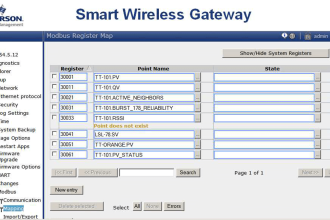
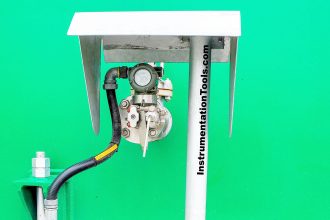
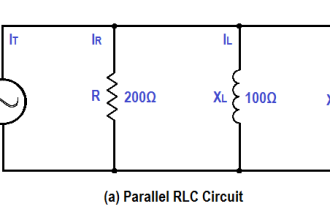


Dear.
Please share the video For DCS programming